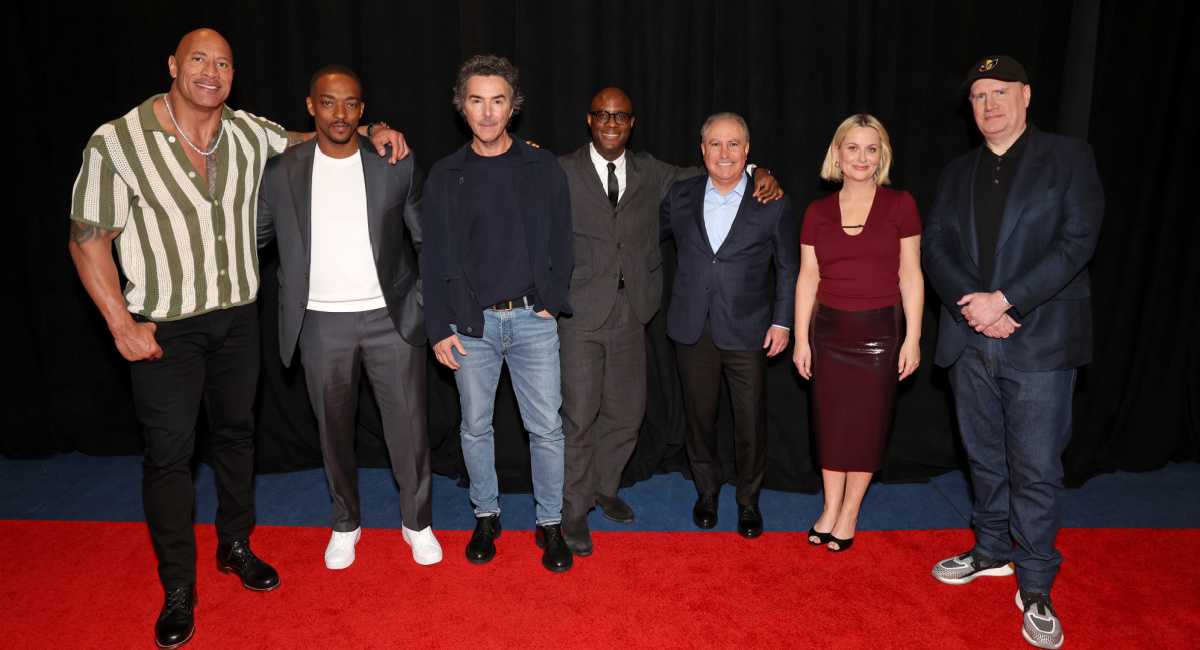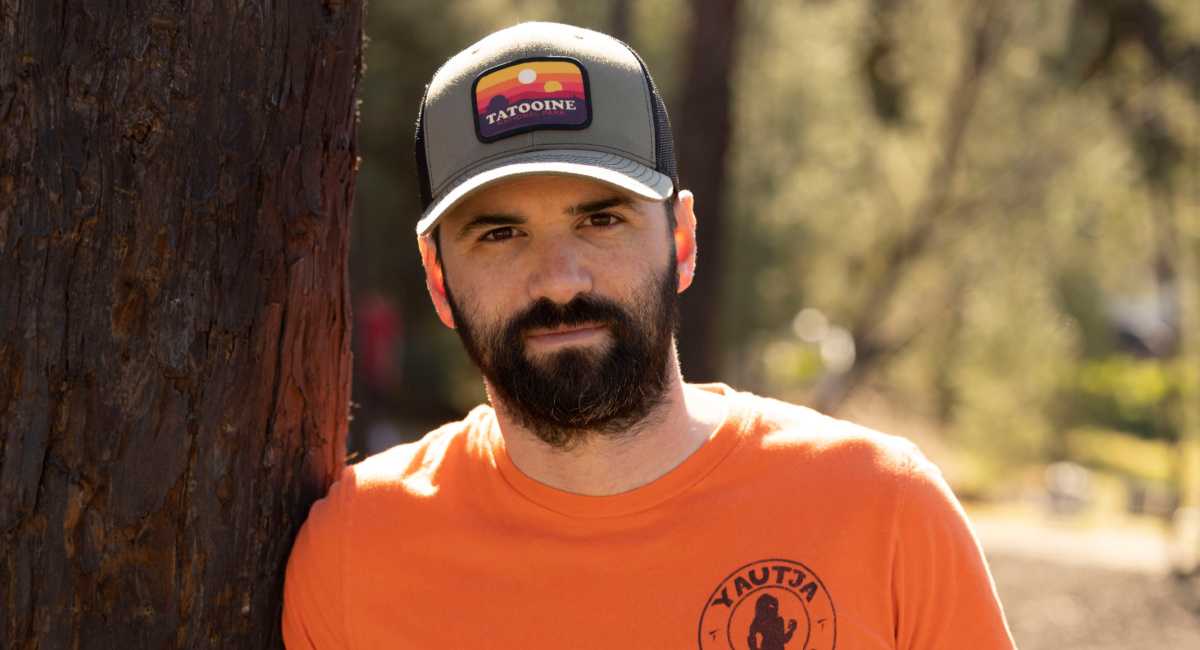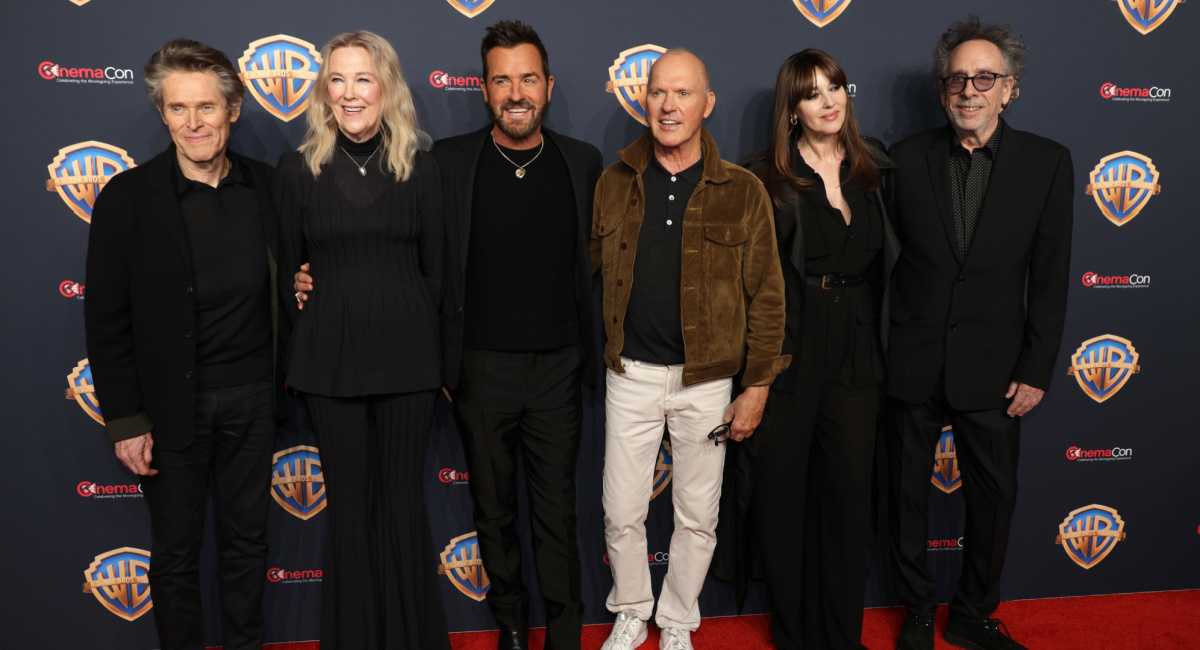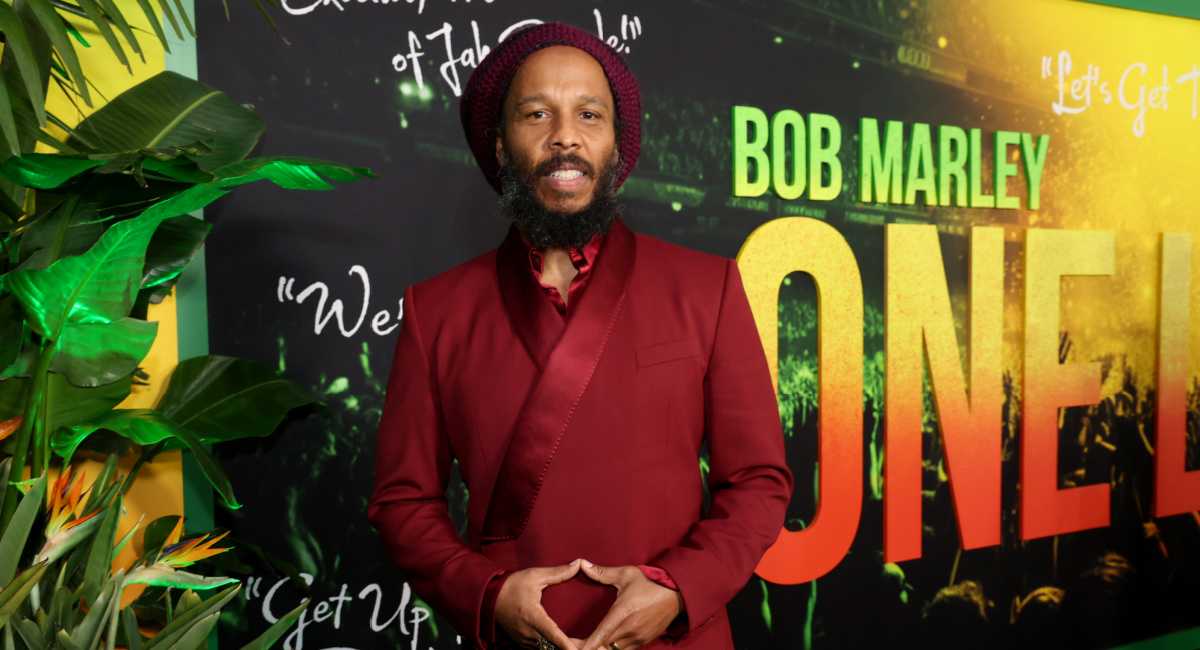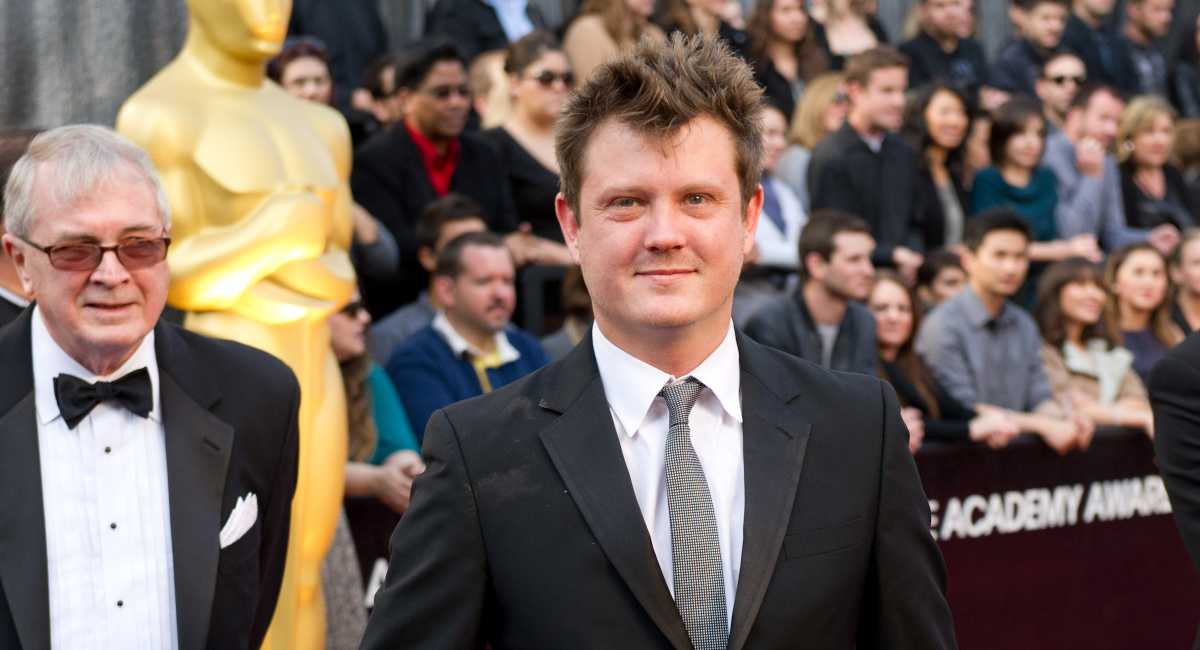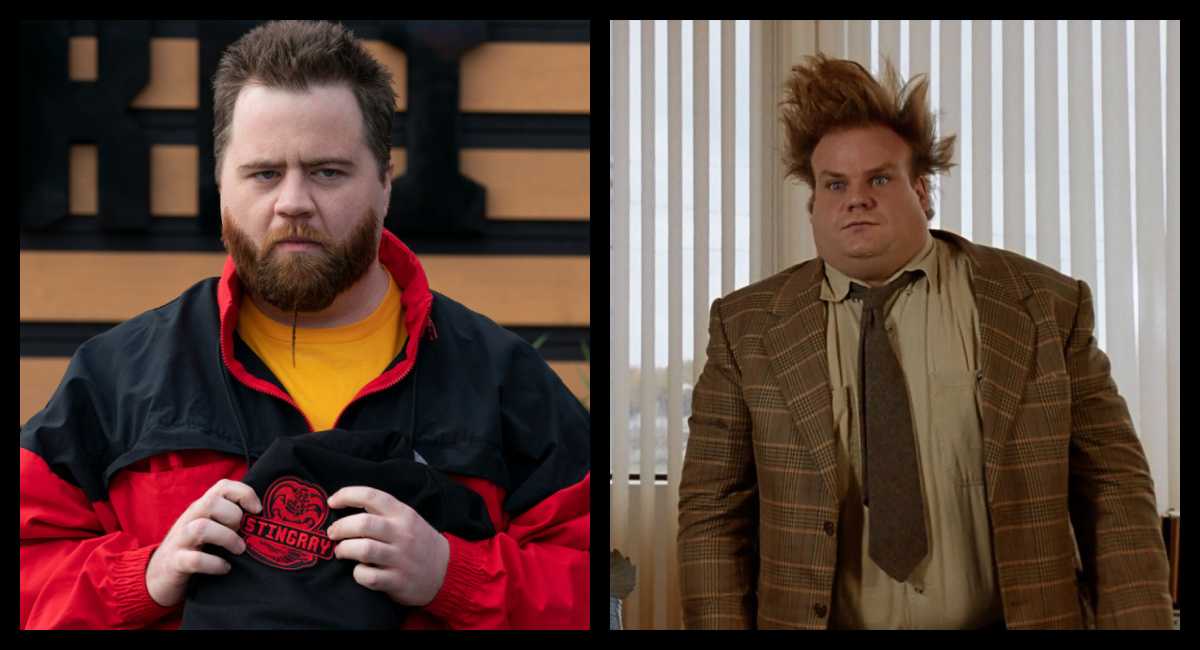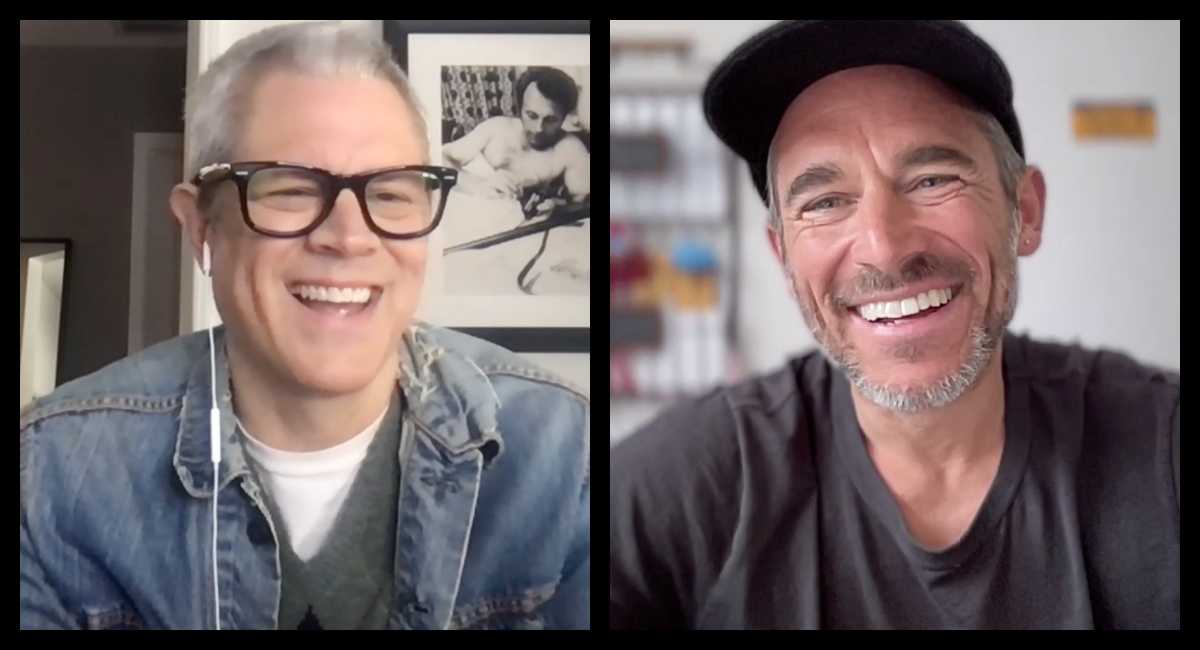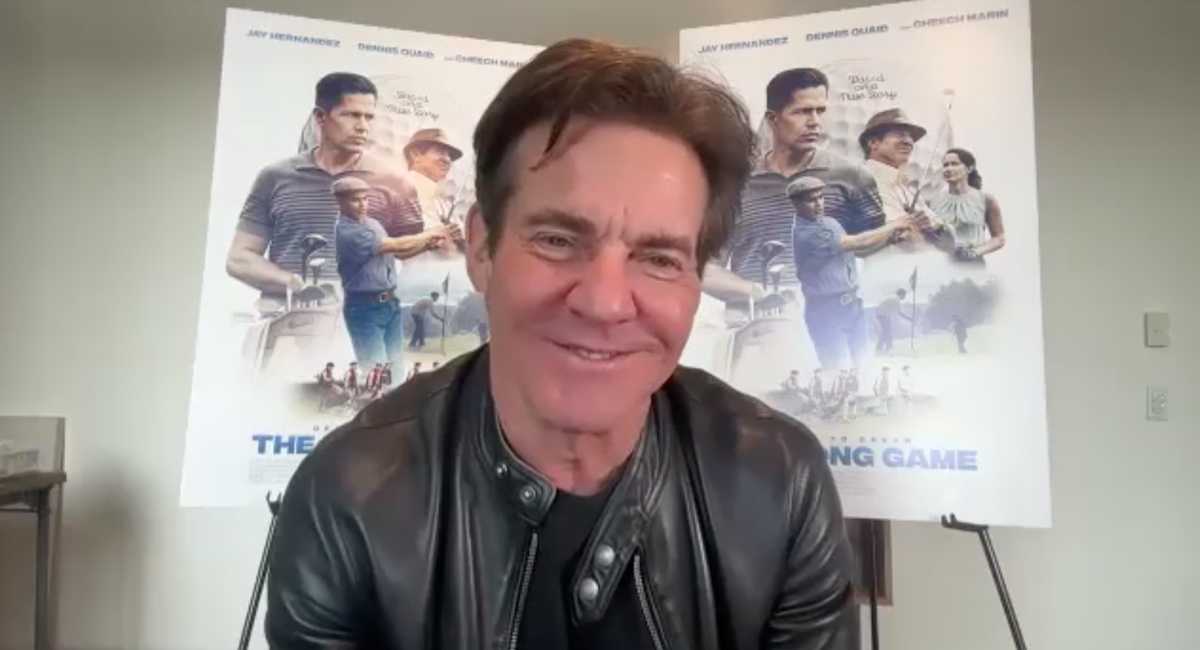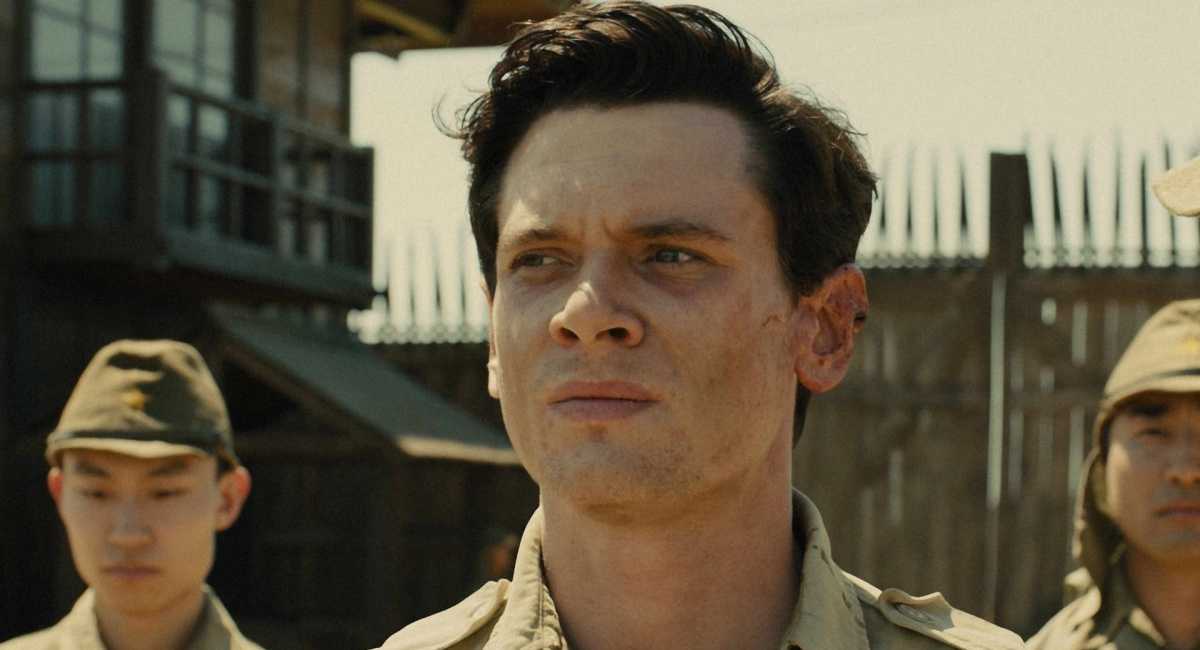Here's How 'Star Wars: The Force Awakens' Smashed Box Office Records
The opening of "Star Wars: The Force Awakens" smashed so many box office records that it's hard to gain a perspective on "What It All Means."
Of the many records J.J. Abrams' long-awaited film broke this weekend, here are the most notable:
-- Biggest domestic opening weekend ever, with an $238.0 million domestically and a total of $517 million worldwide. (It broke the $208.8 million three-day opening weekend set this summer by "Jurassic World".)
-- Biggest opening day ever, with Friday earnings of $120.5 million.
-- First movie in history to earn $100 million in a single day; it also became the fastest movie to gross $100 and $200 million.
-- Biggest December opening of all-time, surpassing the $84.6 million earned by "The Hobbit: An Unexpected Journey" in 2012.
Thanks to "Star Wars," total domestic sales at the multiplex for all movies this weekend came to $300.9 million, breaking yet another record (total sales over a three-day weekend). At this point, the total box office for the year stands at $10.4 billion, just a shade ahead of the total take at this time in 2013, which was the most lucrative year on record. So "Star Wars" could help push 2015 as a whole into the record books over the next two weeks.
As much as "Star Wars" seems to sell itself -- worldwide fanbase, a decade of anticipation -- Disney spent hundreds of millions of dollars to make it happen. (The movie itself cost a reported $200 million, and the company surely spent at least half that on an unavoidable marketing campaign.) After all, Disney has not just "Force Awakens" to launch, but a whole Star Wars universe that is expected to generate stories -- and income -- for uncounted years to come. As Dave Hollis, Disney's executive vice president for theatrical distribution, told Moviefone in an interview on Sunday, his team's job wasn't just ensuring a big opening weekend for "The Force Awakens" but also "setting the stage for the future of the franchise."
Here are four of the things Disney did right, according to Hollis:1. Fan Service
Given how passionate the Star Wars fanbase is, "Force Awakens" not only had to connect with core audiences, it also had to be more than just an afterthought to the marketing and merchandising. "It starts with a great story," Hollis said, giving credit to J.J. Abrams and the Lucasfilm team for having "delivered a true "Star Wars" experience." They succeeded in "clearing the hurdle of fan expectations," Hollis said.
2. Non-stop Marketing
You may think the marketing was oversaturated and overexposed. (Did we really need to see BB-8's likeness on a bag of oranges?) But according to Disney, there's no such thing. In fact, Hollis said, the marketing for "The Force Awakens" has been going on for three years, ever since Disney bought Lucasfilm in 2012, before there was even a script.3. Keeping Audiences (Largely) Free of Spoilers
As omnipresent as the marketing has been, many went into the film surprisingly (and thankfully) with next-to-zero knowledge of the plot -- which is unheard of in the current blockbuster climate, where trailers reveal many plot points and set pieces. "Star Wars'" trailers went the other direction; we knew who our characters were (both old and new), but not so much on what they were doing in terms of the story. For Disney (and especially Team Bad Robot), this Mystery Box strategy was intentional. 4. Making the Film a Cultural Event
How much credit Disney's marketers deserve for this one, and how much belongs to the merchandisers and the rest of the media for jumping on the bandwagon, isn't clear. Still, as Hollis noted, "with each beat, it just kept building momentum into a true cultural event." As a result, "when you have a movie like this that permeates the culture, everyone wants to be part of it."
There were two other noteworthy elements in the success of the "Force Awakens" debut. One was how well the movie did among women (not generally considered a sizable percentage of "Star Wars" geeks) and children (that is, kids too young to be nostalgic for the original trilogy or even the prequels). Nonetheless, Disney estimated that this weekend's domestic audience for "Star Wars" was 42 percent female and 17 percent aged 16 and under. Hollis attributed their attendance to the "FOMO" factor and noted that the kid number was encouraging considering that only 18 percent of schoolchildren were out of school on Friday. Over the coming weeks, with more kids out of school, the number of children buying tickets for "Star Wars" should only increase.
The other was the success of the film in 3D, IMAX, and premium-large-format theaters. Disney attributes a full 47 percent of the film's gross to 3D ticket sales and 21 percent to IMAX and other large-format sales. Numbers like those are great, Hollis said, not just for "The Force Awakens," but also "for what it means to the overall business of moviegoing." In other words, anything that gets you off the couch and into the theater is good for the whole industry.
As huge as the debut was, could it have been even bigger?
Over the course of the weekend, Hollis and his colleagues were projecting that the movie's domestic premiere could go as high as $250 million. They were also urging reporters to tell readers that Saturday and Sunday tickets were still available, so you could still see the movie opening weekend.
If you want a truly galactic perspective, however, you might note that not even the astronomical grosses of "Star Wars" across the planet could keep Disney's stock price from sliding 4 percent on Friday, a loss analysts blamed on to Wall Street concerns over Disney's cable businesses here and in Europe. Cable, after all, contributes 44 percent of the conglomerate's operating income.
The billions that "The Force Awakens" will likely gross, not to mention the billions the franchise will gross in the future, are a drop in the bucket. There are still some Forces out there that are bigger and more powerful than "Star Wars."


